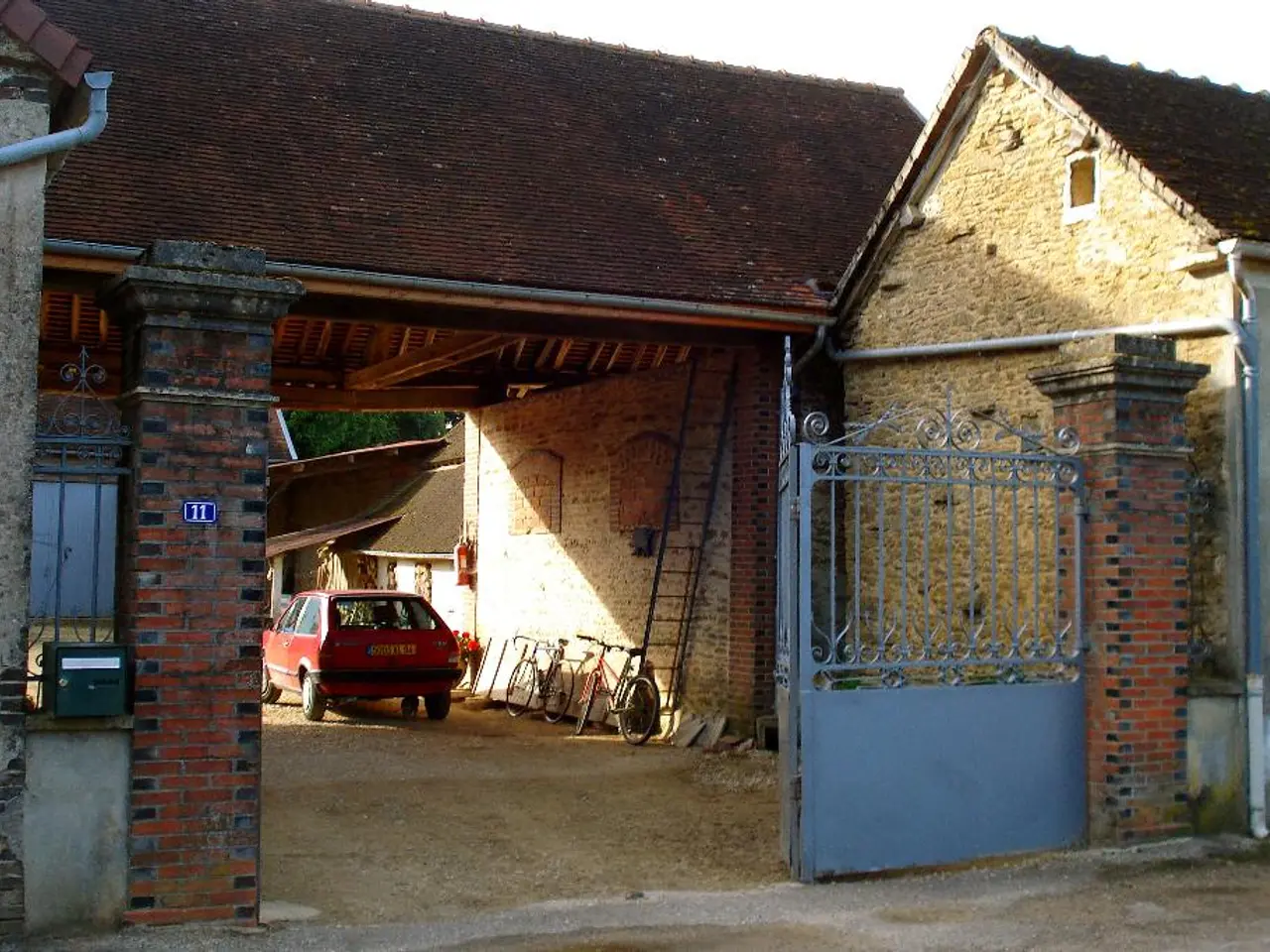Brake system remains locked despite turbo activation
In a bid to revitalise Germany's stagnant housing market and address the issue of soaring rents, Federal Chancellor Friedrich Merz has launched a new offensive for more affordable housing. The focus is on creating investment-friendly conditions to stimulate growth in the housing market, particularly in 2025.
The German government is proposing several policies and measures to make residential construction more profitable for investors. One such initiative is the "housing booster," a plan aimed at encouraging residential construction and investment by potentially easing regulatory and financial hurdles for developers and investors.
Investment is not limited to major cities like Berlin, Munich, and Hamburg. The government is also targeting growing second-tier cities such as Leipzig, Dresden, Bremen, and Nuremberg, which offer more affordable housing and good infrastructure. These cities are attracting demand and offering profitable opportunities for new residential developments.
There is also a growing interest in niche markets such as purpose-built student accommodation (PBSA) and micro-apartments. High demand in university cities, low vacancy rates, and rising rents in these sectors are driving development, making them particularly attractive for investors.
The overall residential real estate market is expected to grow modestly by about 2–3% annually in key cities, providing a stable environment for investment without extreme volatility. Moreover, transaction volumes outside major cities have increased recently, suggesting growing opportunities beyond the most saturated markets.
To further encourage investment, the government is considering tax incentives for investors and attractive tax depreciation options to mobilize additional liquidity. However, legal certainty for investments across political legislative periods is crucial to exclude the risk of investment ruins due to subsequent regulatory changes.
Politicians continue to grapple with the balance between limiting rents and rent increases, and attracting investors and capital investors to residential construction. Housing Minister Verena Hubertz plans to give building authorities more leeway in approvals, while Wolfgang Leja, a prominent figure in the industry, suggests that politics should view investors as partners in solving the housing problem.
Significant construction and affordable rents in the long run will only occur when investments become profitable again. Two-thirds of all new apartments are created by private investors, housing associations, and construction companies, underlining the importance of profitability in residential construction.
The public sector plays a minor role in housing construction, with private home builders dominating the market for single and two-family houses. Instead of distributing subsidies, the state could support private home builders by lowering income tax and payroll contributions, as suggested by Leja.
For more information, contact Wolfgang Leja at 0711 66601-131 or via email at [w.leja@our website](mailto:w.leja@our website). The future of Germany's housing market looks promising, with a focus on profitable investments, strategic urban development, and niche market opportunities.
The German government is proposing to make residential construction more profitable for investors through initiatives like the "housing booster" and tax incentives, focusing on second-tier cities and niche markets such as purpose-built student accommodation (PBSA) and micro-apartments. As a result, investment in these sectors is expected to increase, leading to more construction and potentially lower rents over the long term. In this context, a significant amount of new apartments are created by private investors, housing associations, and construction companies, emphasizing the importance of profitable investments in the housing market.




